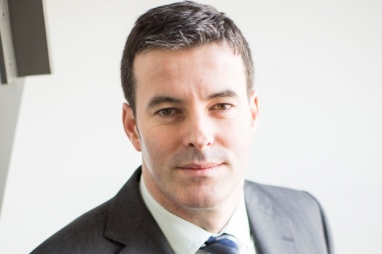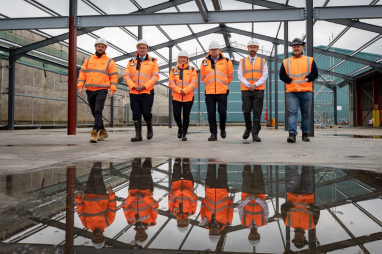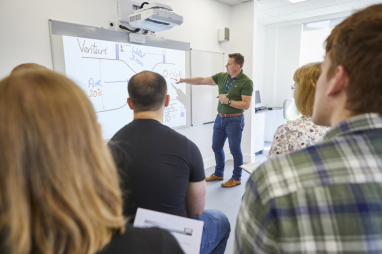- IetpShops - Is a Nike SB x Air Jordan 8 Retro BG Three - 142 Pine Green in the Pipeline Low PSG DZ4133 , 008 Release Date - Is a Nike SB x Air Jordan 4 Pine Green in the Pipeline - Peat 305368
- The adidas CRAZY BYW Gets a Luxury Makeover From Bristol Studio - StclaircomoShops - adidas campus adv grey six
- Кроссовки nike lunar forever 4 msl оригинал 37р - mens maroon and gold nike clothes , Украина #38216599 - 24см — цена 450 грн в каталоге Кроссовки ✓ Купить женские вещи по доступной цене на Шафе
- Nike KD 15 Colorways + Release Dates , IetpShops , nike sb good skating pants
- Luxury Online Shop
- best nike basketball shoes
- Air Jordan 1 Satin Black Toe CD0461 016 2019 Release Date 4
- kids air jordan
- eastbay restock large amount air jordans
- air jordan 4 white tech grey black fire red ct8527 100 release date
- Home
- News and analysis
- Info hubs
- Events
- Video
- Case Studies
- About us
- Magazine
- Advertising
Produced for the industry by the Association for Consultancy and Engineering
Opinion
UK needs an Olympian approach to STEM education

The UK needs to do for STEM education what it did for sport, says Richard Robinson.
The recent GCSE results show a slight increase in participation in STEM subjects, but the 1.5% rise falls far short of what the UK needs to remain globally competitive. There is huge demand for STEM skills in industry and a big shortfall in qualified candidates. Insufficient numbers of STEM students at GCSE level will perpetuate today’s shortfall in apprentices and graduates in technical subjects, such as engineering.
The problem is further exacerbated at A-Level, with this year’s results showing a decline in student numbers across most STEM subjects since 2015. Certainly the marginal average increase in STEM subjects since 2012 is insufficient to make a meaningful difference to the UK’s engineering shortfall.
The challenge is not insurmountable. Look at where Team GB stood at the 1996 Olympics in Atlanta - in 36th place with just one gold medal. The UK needs to do for STEM education what it did for sport, and accelerate to Rio 2016 levels of achievement.
STEM careers are vital to the UK economy, so it is important to create a healthy pipeline of skills and talent through today’s education system. Part of the problem is stubborn stereotypes about engineering. Technical industries need to capture young people’s imagination to encourage them into STEM-related professions. It is important they hear about the exciting work engineers do to build a better world.
Post-GCSE, female students turn away from STEM subjects at a much higher rate than their male counterparts, so this gender imbalance also needs to be addressed. The engineering industry is making great strides in diversity but the problem must be tackled at the source.
Team GB’s recent Olympic success did not come about overnight or by accident, it is the result of a consistent vision backed up by a long-term strategy of investment. If the UK is to be an engineering world-beater in 10 or 20 years’ time, it must adopt a comparable approach. This will require a coordinated, well-funded, long-term plan with collaboration between industry, government and educators.
Richard Robinson is AECOM chief executive for Civil Infrastructure, Europe, Middle East, India and Africa.





